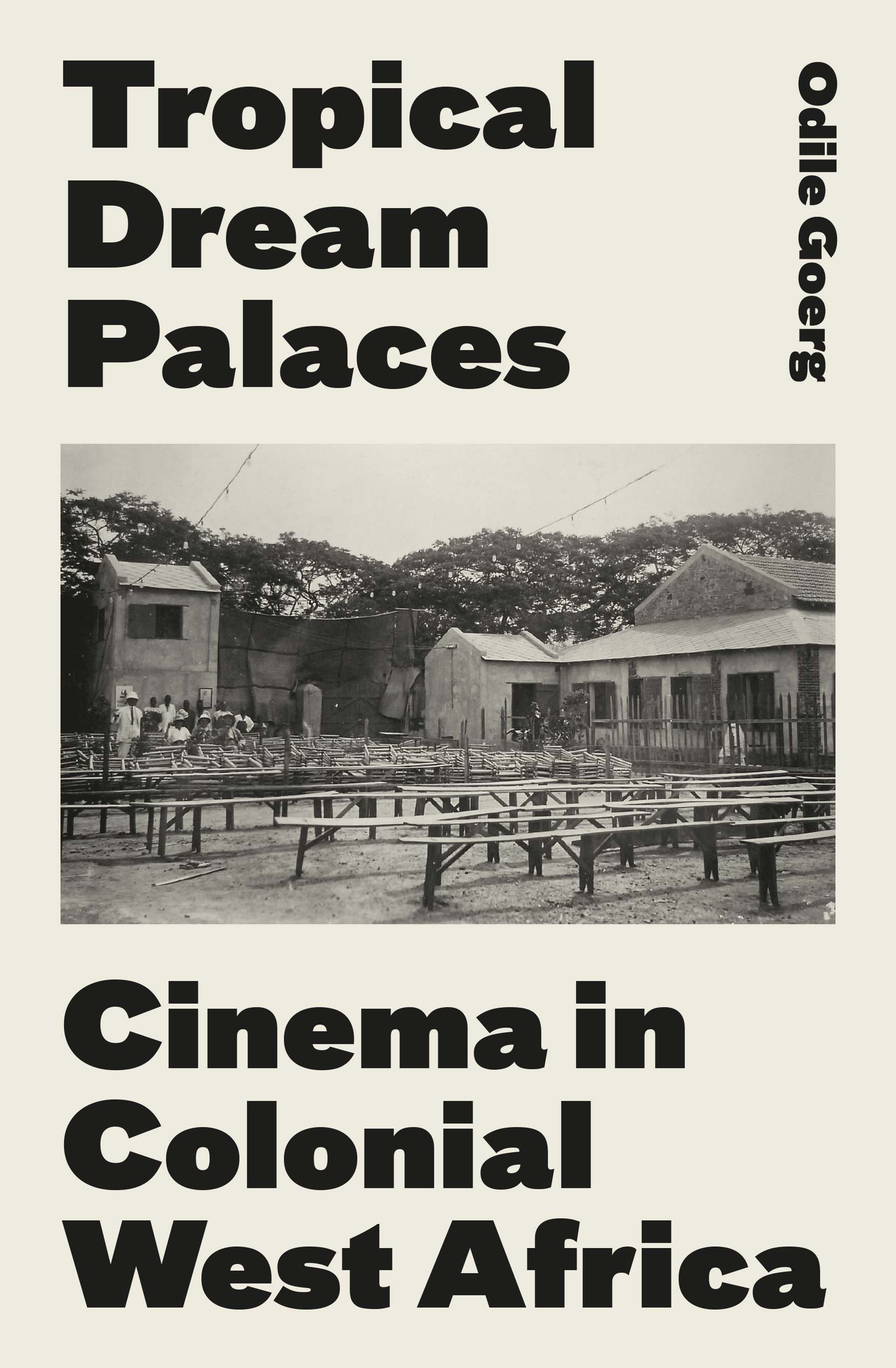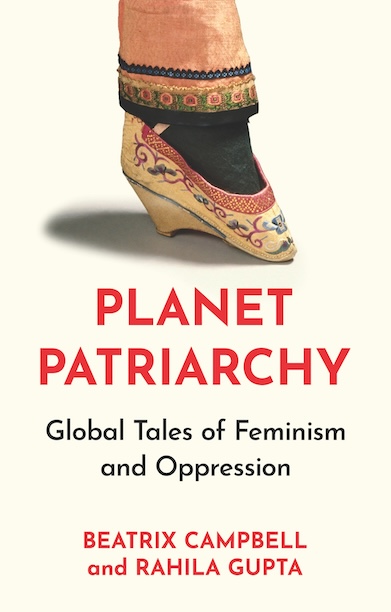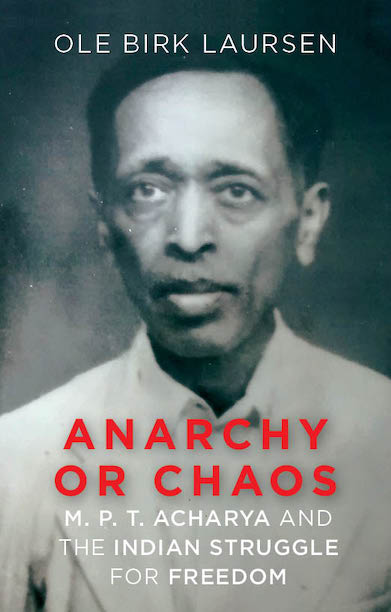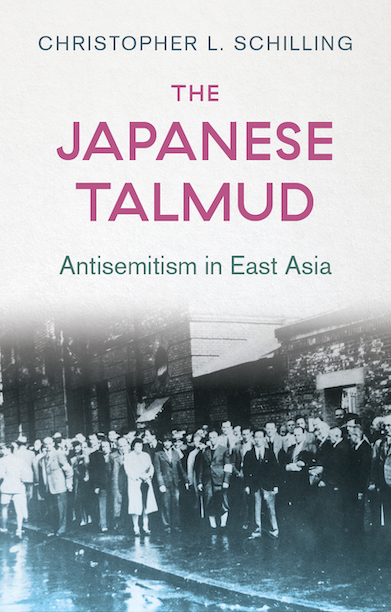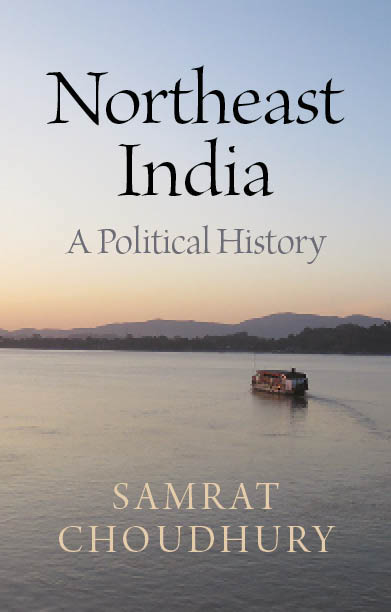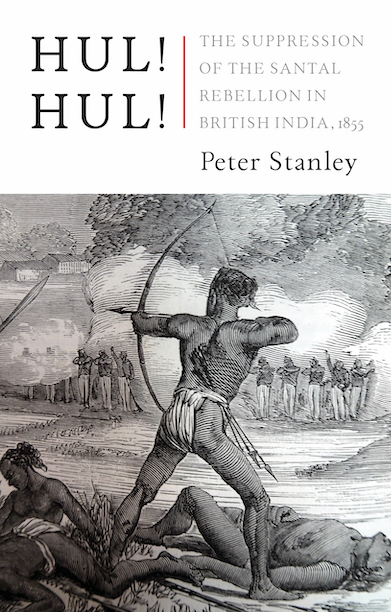Tropical Dream Palaces
Cinema in Colonial West Africa
A highly original investigation of who went to the movies in colonial Africa, what they watched, and why.
Description
Many studies focus on film in Africa. Few, however, study cinema as a leisure activity: one that has influenced several generations and opened up spaces to dream, discuss or contest. Movie theatres offered a break from the daily routine, as places of escape and of education. Cinema was also potentially subversive, offering an alternative to colonial discourse.
Tropical Dream Palaces seeks to trace this history in a West African context: of broadening horizons on the one hand, and of censorship and control on the other. It fills a historiographic void, following cinema’s arrival in the region in the early twentieth century up until the Independence era, and also looking further afield to Central Africa and its different models.
Goerg addresses questions of film distribution in colonial times; of screening venues, their implantation, spread and different categories; while also focusing on audiences, their gender or age; the acquisition of a film culture; and the impact of screening foreign images. Her book draws on extremely varied sources to paint a broad picture of this cinematographic landscape: archives, the accounts of African and European spectators or administrators, novels, autobiographies, the local press, interviews and iconography.
Reviews
‘The consumption [of films] on phones, tablets and television screens is likely to mean that the days of the cinema as a physical cultural hub will prove to be a fleeting but fascinating episode in Africa’s history, an era which Odile Goerg has done a masterly job in capturing and examining.’ — The Times Literary Supplement
‘Goerg’s book takes us from the early 20th century to the rise of African nationalism. Her interests range widely … [which] provides a vivid and memorable impression of Africans in both urban and rural settings in the process of rapid self-transformation.’ — History Today
‘A well-researched account of the introduction of cinema in the British and French colonies in West Africa.’ — Chartist
‘A landmark study of moviegoing in both British and French colonies.’ — CHOICE
‘[Tropical Dream Palaces] is an intriguing story of the origins, productions, and various development levels of the motion picture industry in the region. … Georg’s book adopts a unique approach in its use of various sources and hermeneutic cues to deliver an engaging history of the connections between cinematics, leisure, and the West African imperial landscape… a pleasurable and educational read.’ — African Studies Review
‘West Africa’s “dream palaces” left only scant material traces, but Odile Goerg’s research has rescued a half-century of convergence between cinema, colonialism, censorship and commerce from a similar fate. This is the rich account we have so far been missing of the precedents for today’s regional culture of the moving image.’ — Richard Fardon, Emeritus Professor of Anthropology, SOAS University of London
‘A tour de force, ambitiously researched and beautifully written. Goerg provides a multifaceted portrayal of cinematic cultures across the continent, deftly revealing not only how, but also why, movie-going practices and publics varied among villages, towns and cities. A masterpiece in urban history and cultural studies.’ — Laura Fair, Associate Professor of History, Michigan State University
‘Tropical Dream Palaces fills a gap in the media history of West Africa and complements studies of cinema and leisure in East and Southern Africa. Richly detailed and clearly written, it provides an invaluable resource for students and scholars alike.’ — James Burns, Professor of History and Geography, Clemson University
‘A remarkable volume that presents film exhibition micro-histories enriching the study of twentieth-century francophone West Africa. The cinematic experience is revealed as a site of reception, inquiry, and creativity among African writers, intellectuals, and community members with depth and insight.’ — Peter J. Bloom, Associate Professor of Film and Media Studies, UC-Santa Barbara
‘Goerg’s remarkable cultural history meticulously reconstructs and critically analyses much that was previously missing: the censored images, the long-forgotten exhibition sites, and the people who ran, regulated and, most importantly, attended these shows.’ — Tom Rice, Senior Lecturer in Film Studies, University of St Andrews
‘Innovative and engaging, Goerg’s trans-disciplinary analysis vastly enriches readers’ understandings not only of cinema, but also of urban and leisure cultures, class divides, censorship practices and modes of agency developed in response to these across colonial West Africa.’ — Dominique Malaquais, Senior Researcher, Institut des Mondes Africains, CNRS
Author(s)
Odile Goerg is Full Professor of Modern African History at CESSMA, Université Paris Diderot. She specialises in socio-economic history in the urban setting. Her present research focuses on leisure and culture, especially cinema, a topic on which she has published numerous articles.
